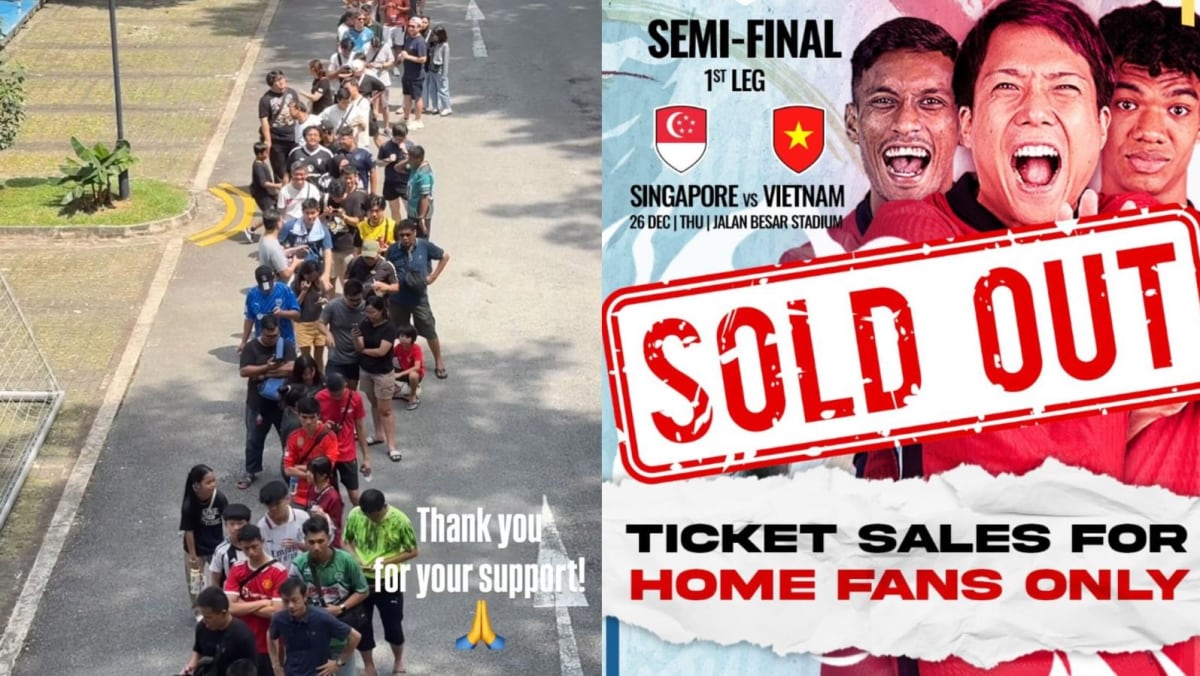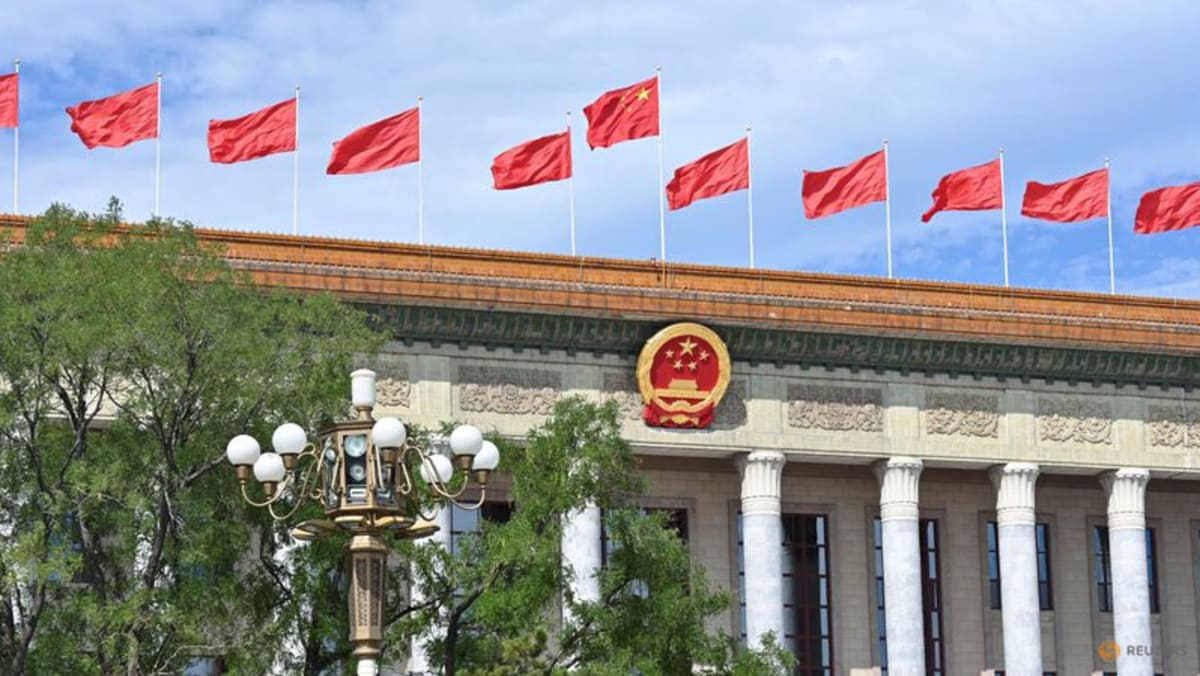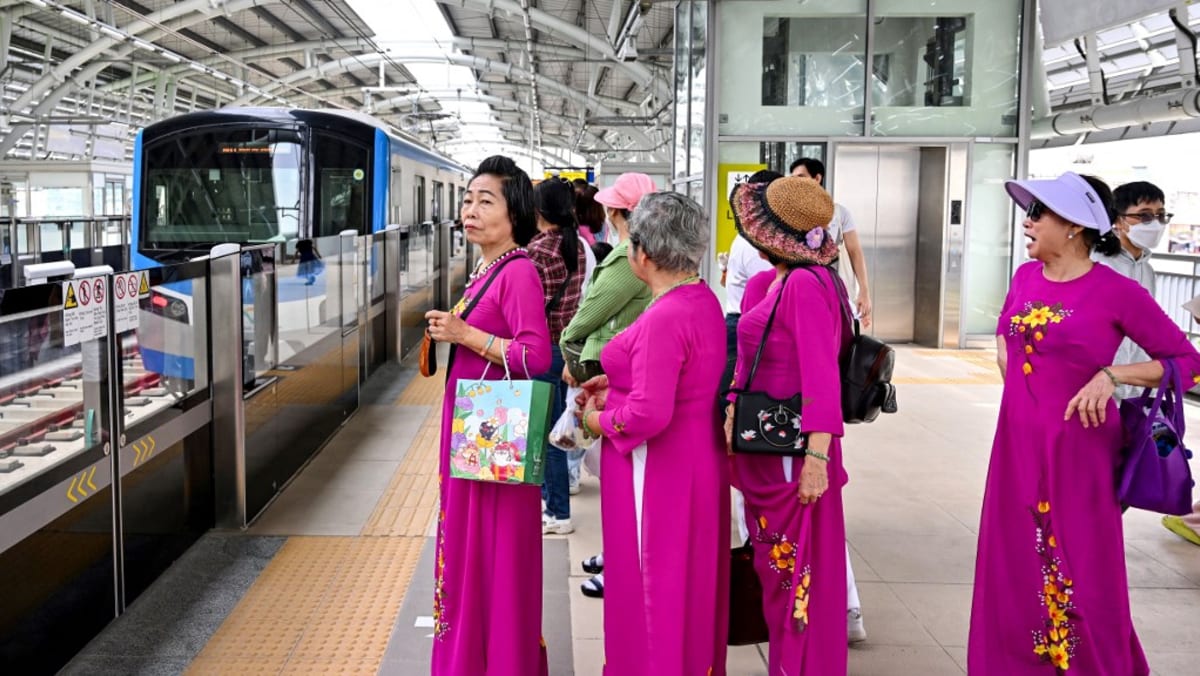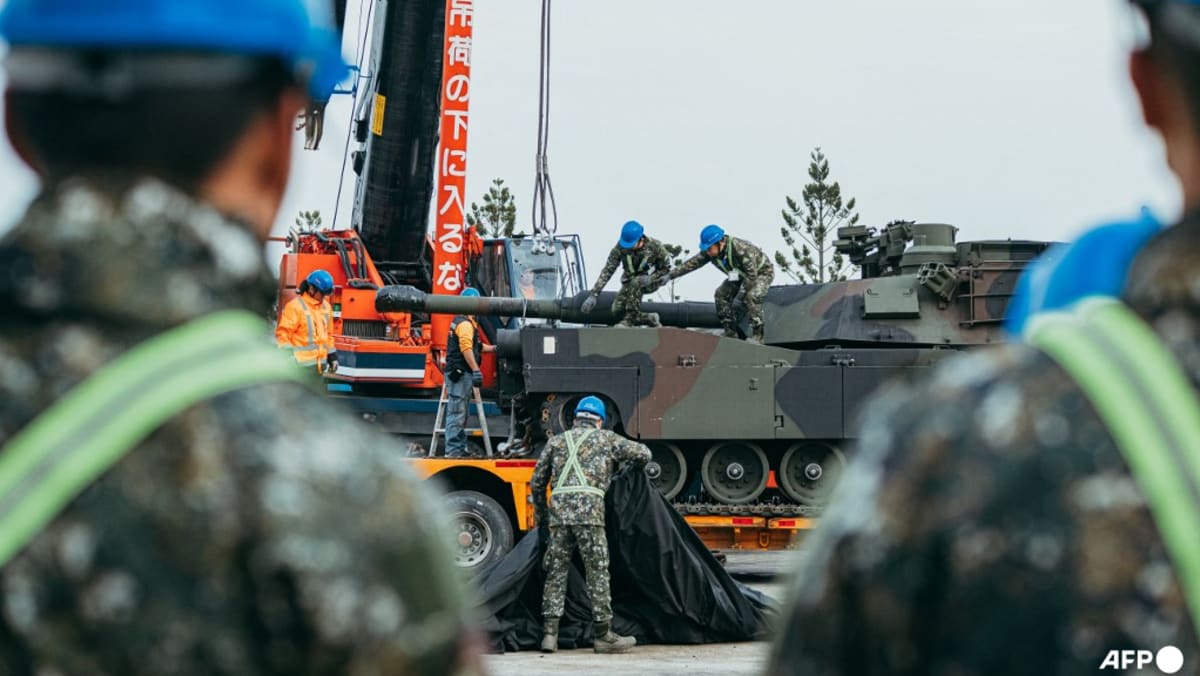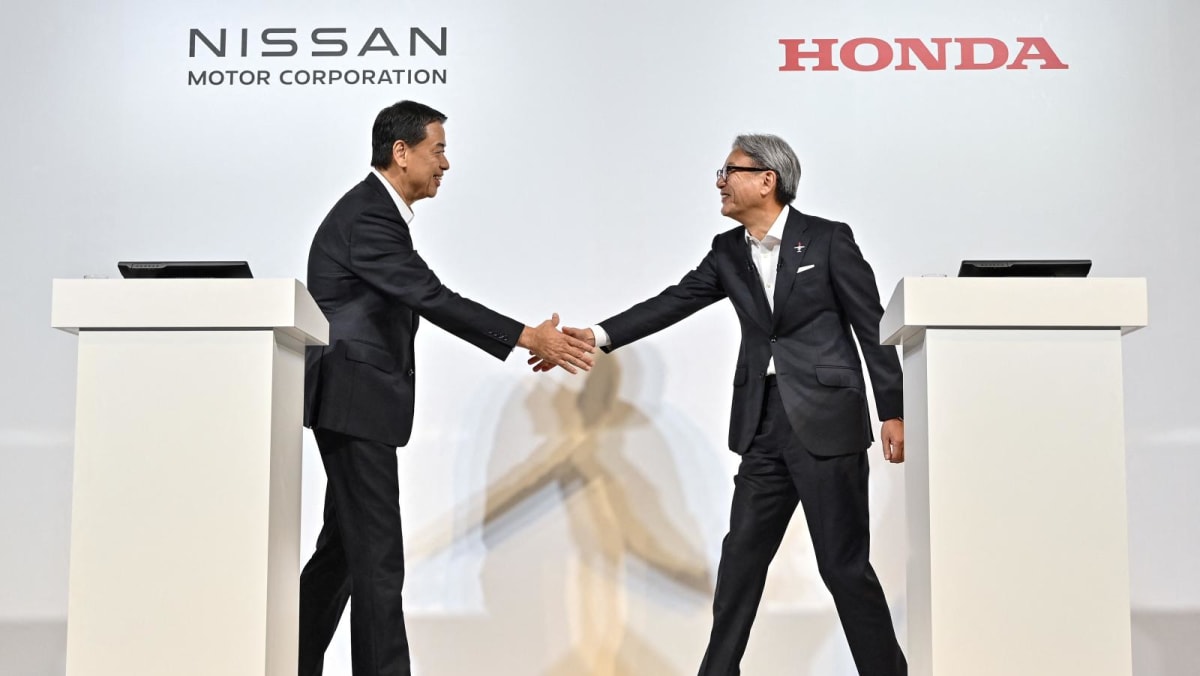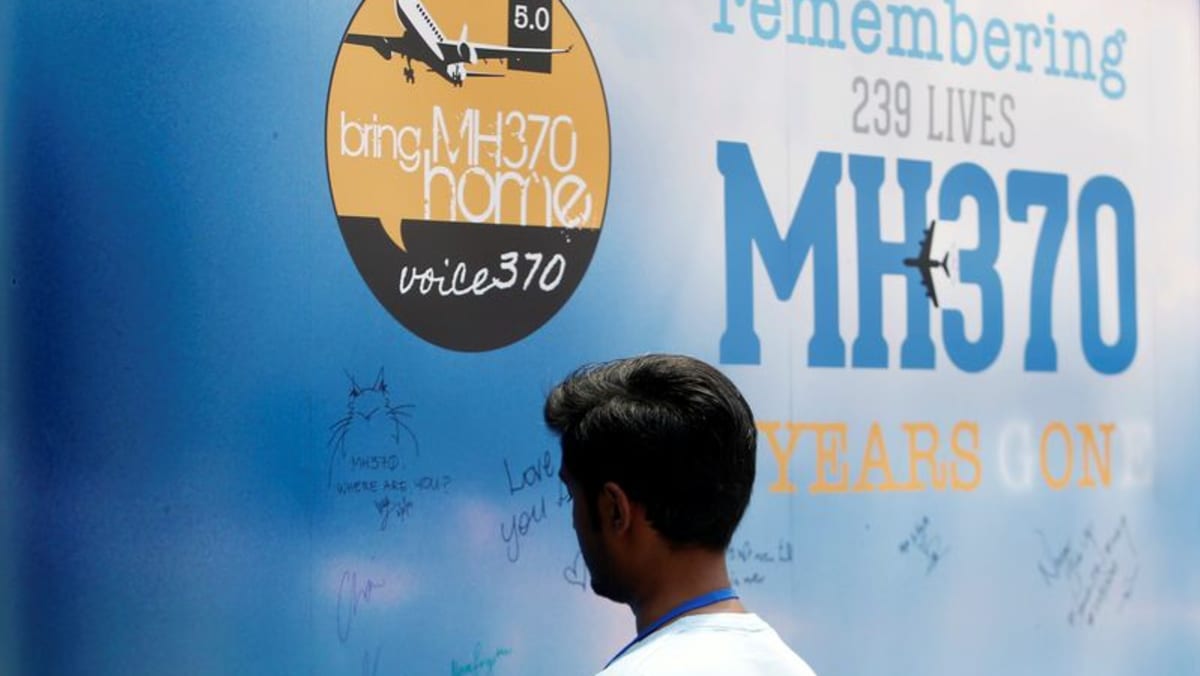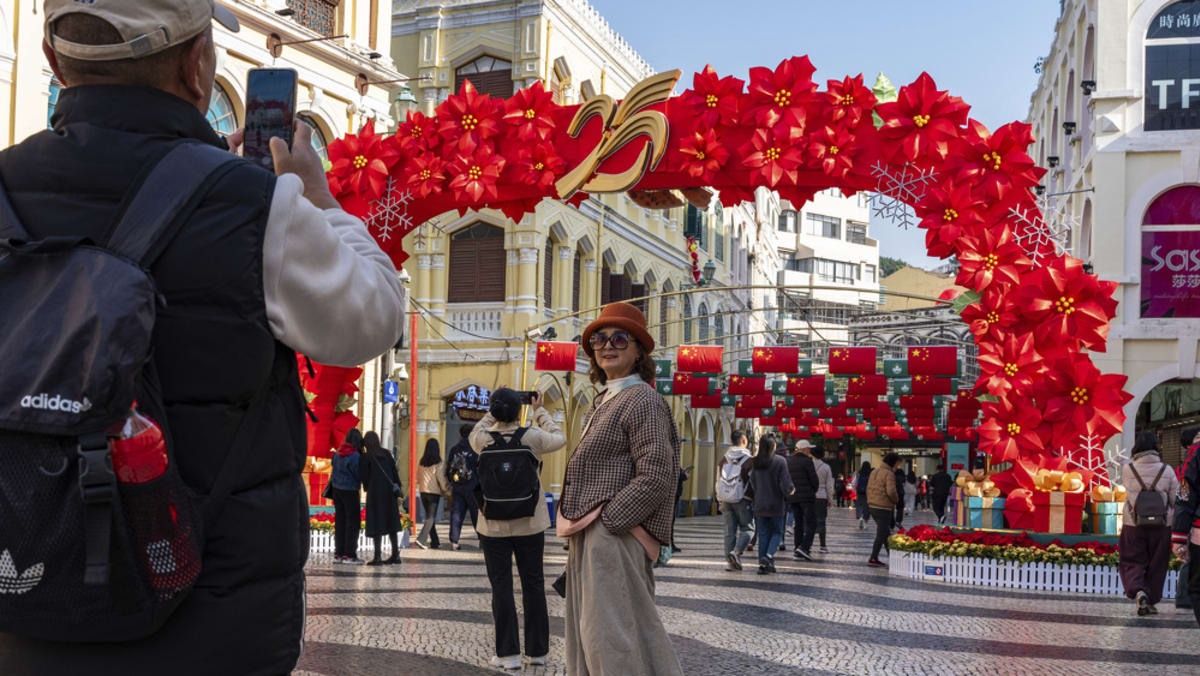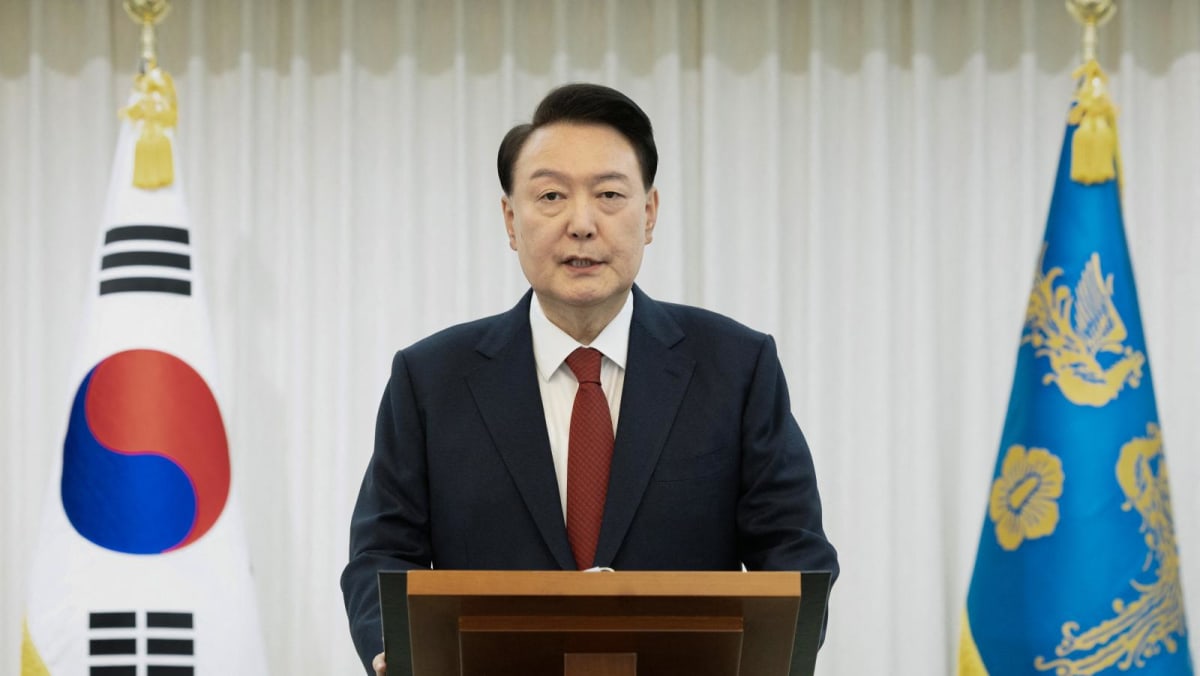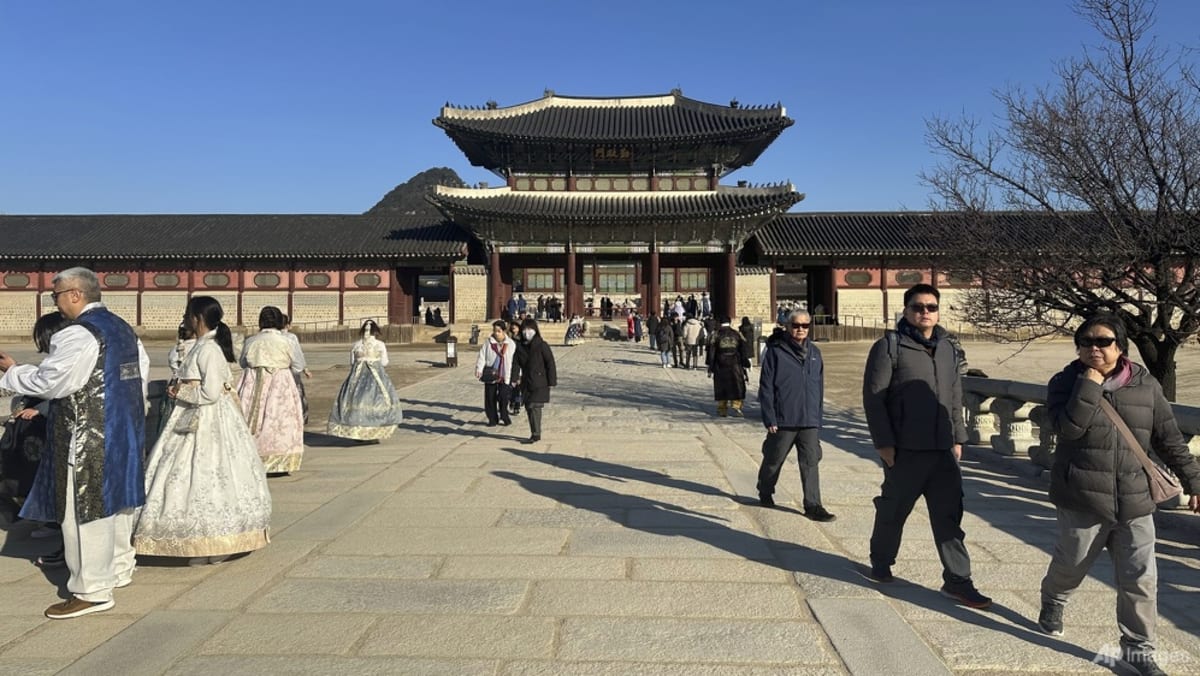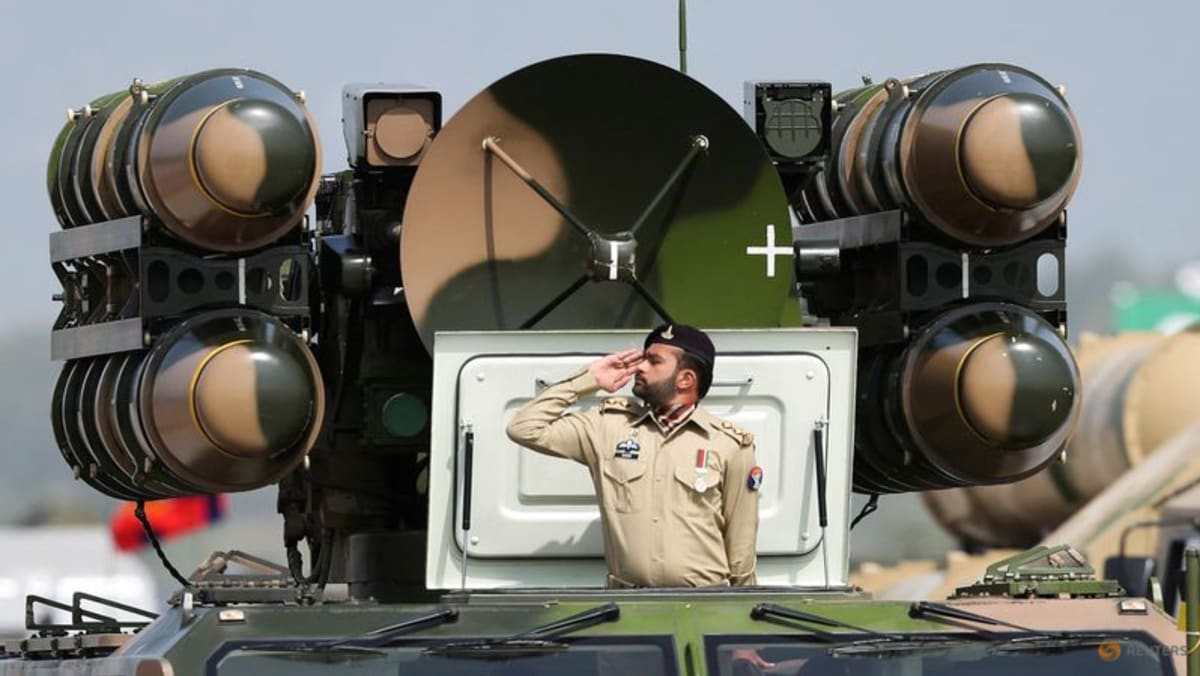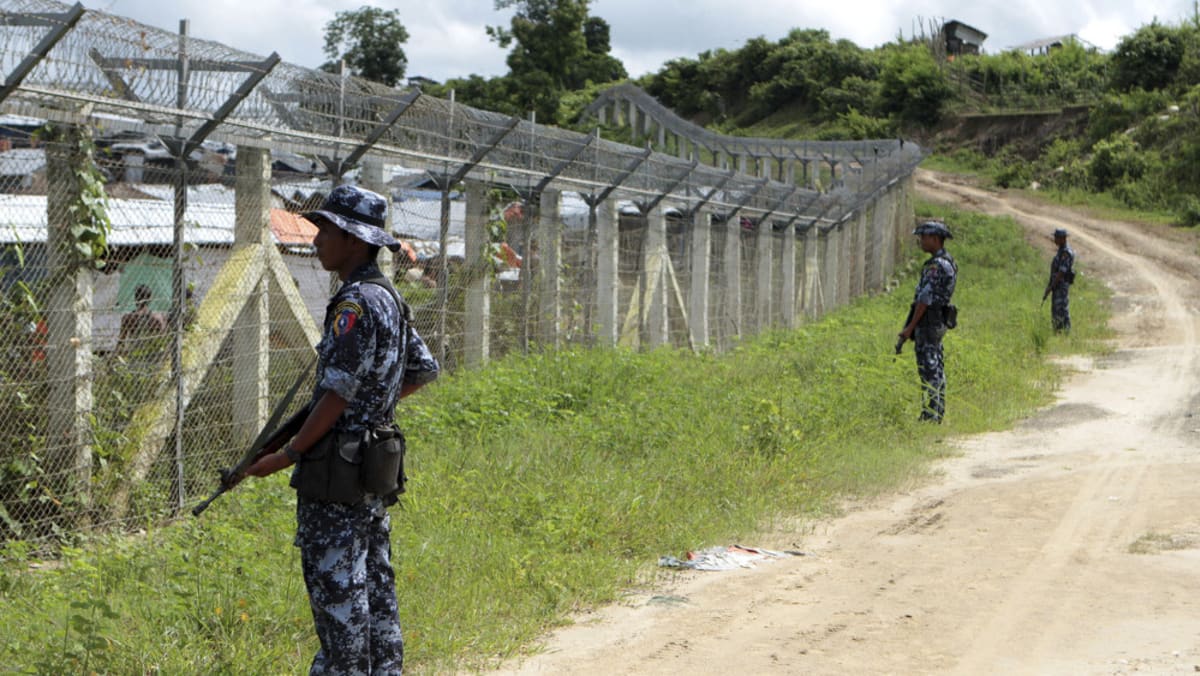Russia mulls joining China in banning Japanese seafood imports
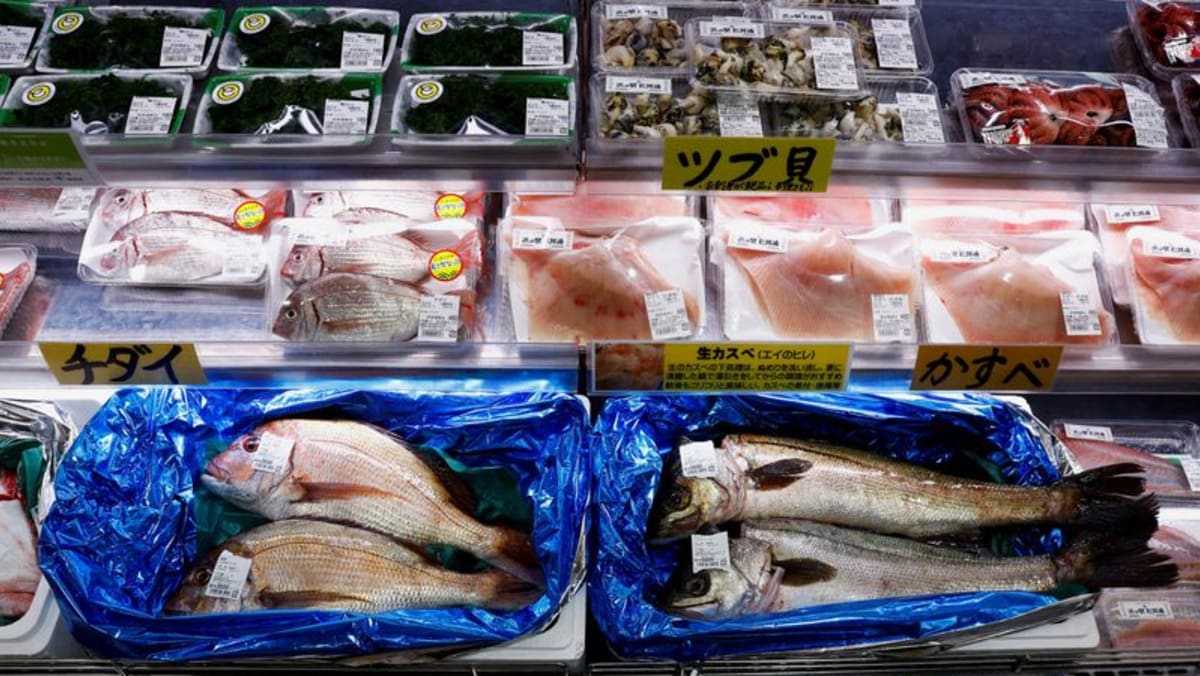
Rosselkhoznadzor said it had sent a letter to Japan on the need to hold talks and requesting information on Japan’s radiological testing of exported fish products by Oct 16, including tritium.
Japan will scrutinise Tuesday’s announcement by Russia, the top Japanese government spokesperson Hirokazu Matsuno said on Wednesday.
Japan says the water is safe after being treated to remove most radioactive elements except tritium, a radionuclide difficult to separate from water. It is then diluted to internationally accepted levels before being released.
Japan has said criticism from Russia and China was unsupported by scientific evidence.
“We strongly ask Russia to act based on scientific evidence,” Matsuno told a Wednesday press conference, adding that Russia was a member of the International Atomic Energy Agency (IAEA)’s Fukushima expert team, which in July greenlighted the water release plan.
On Monday, in its latest report on water testing, Japan’s Ministry of Environment said analysis results of seawater, sampled on Sep 19, showed the tritium concentrations were below the lower limit of detection at all 11 sampling points and would have no adverse impact on human health and the environment.
Russia has also detected no irregularities in marine samples used for tests in Russian regions that are relatively close to where the treated water was released, Rosselkhoznadzor’s far eastern branch said on Tuesday, Interfax reported.
Russia exported 2.3 million metric tons of marine products last year worth about US$6.1 billion, around half its overall catch, with China, South Korea and Japan being the biggest importers, according to Russia’s fisheries agency.
Source: CNA


